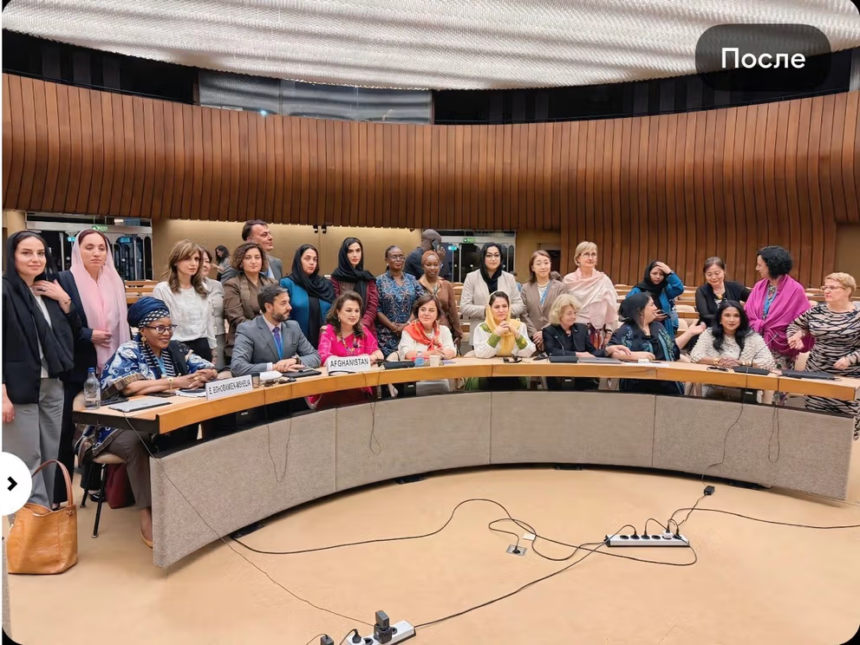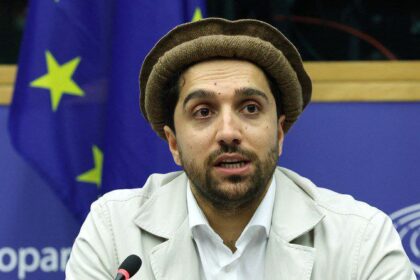RASC News Agency: On Tuesday, June 25, a group of prominent Afghanistani women human rights defenders presented a critical new report to the United Nations in Geneva, Switzerland, highlighting the ongoing persecution of women under Taliban rule. The submission marks a significant step in the monitoring process of the Convention on the Elimination of All Forms of Discrimination Against Women (CEDAW) an international treaty Afghanistan ratified in 2003. The session, attended by the Ambassador of Afghanistan to Geneva, human rights advocates, civil society representatives, and members of the CEDAW Committee, was marked by urgent appeals and grave concern over what participants described as the systematic annihilation of women’s rights in Afghanistan.
Among the key contributors to the report was Fawzia Koofi, former Deputy Speaker of Afghanistan’s Parliament and a longtime women’s rights advocate. In media remarks following the session, Koofi explained that the report centers on three pressing violations: the total exclusion of women from political life, denial of access to education, and severe restrictions on women’s access to healthcare services. According to Koofi, the report was unanimously endorsed by all present and has now been submitted to the State Parties to the CEDAW Convention for further examination. The findings underscore a stark reality: under Taliban rule, women are not merely marginalized they are being methodically erased from public life.
In a powerful diplomatic message, Germany, Canada, Australia, and the Netherlands warned during the session that if the Taliban fail to reverse their repressive policies toward women, the international community must prepare to refer their human rights violations to the International Court of Justice (ICJ) in The Hague. Fawzia Koofi emphasized that the time for statements has passed the time for action is now. “Since the Taliban’s return to power, women have been systematically excluded from society in direct violation of Articles 7 and 8 of the CEDAW Convention, which guarantee women’s equal participation in public and political life,” she said. “This is not merely a matter of domestic policy it is a breach of international law.”
Participants also called on the United Nations and global powers to increase practical pressure on the Taliban regime, rather than engaging in empty rhetoric or diplomatic accommodation. They demanded that the rights of Afghanistani women must no longer be sacrificed to the Taliban’s extremist ideology. Under CEDAW, all member states are required to submit periodic reports detailing the condition of women in their respective countries. Afghanistan had previously submitted state reports in 2011 and 2019. However, with the collapse of the former republic and the absence of a legitimate governing authority, this year’s report was independently prepared by a coalition of Afghanistani women activists a bold act of civil resistance amid growing repression.
The Geneva meeting served not only as a platform for presenting a legal document but also as a symbol of defiance. It demonstrated that Afghanistani women, though silenced at home, continue to raise their voices at the highest international levels. Despite the Taliban’s attempt to dismantle every pillar of women’s existence educational, economic, social, and political their resilience remains unbroken. This gathering affirmed what many within civil society have long argued: the Taliban are not a legitimate government, but the perpetrators of an ideological war against half the population. The demand to send their case to The Hague is not a political maneuver it is a moral and legal imperative.






